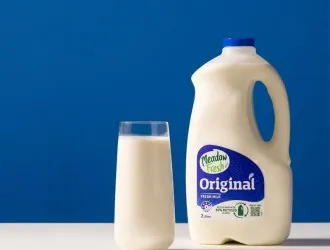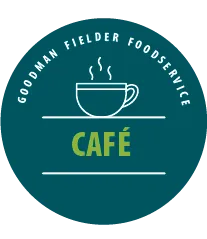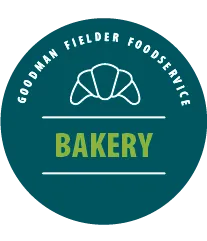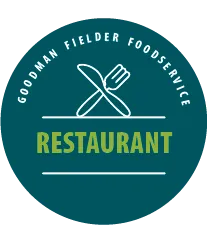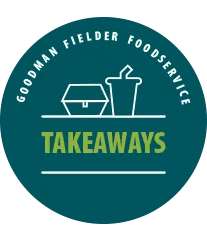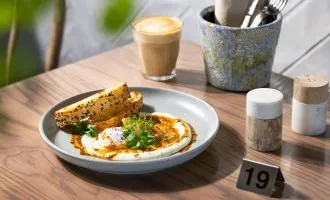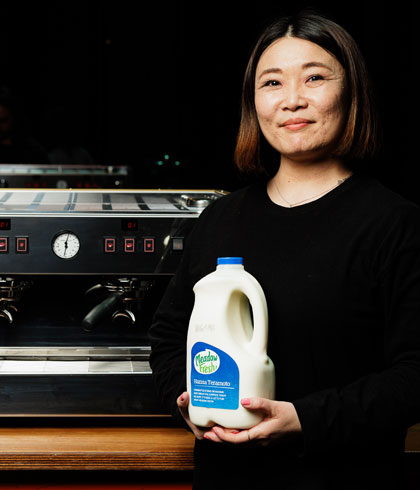Competition Journey : Coming in third this year, how would you compare this experience to the year you won the NZ Barista Champs? Were there any major differences in your approach or mindset?
A few factors influenced this experience compared to the year I won. Working more than full-time as a general manager limited my practice time this year, which was a big adjustment. Additionally, the fire alarm went off during my setup, just after loading my coffee into the hopper, and the flavors seemed to have shifted once we returned, which affected my sensory scores. But above all, I felt my focus wasn’t as sharp as it could have been. This championship truly feels like the Olympics of coffee—any lapse in preparation or concentration can cost you. Building physical strength often supports mental resilience, so I’ve recently started working out again to improve my focus for future competitions!
Evolution as a Barista : How do you feel you’ve evolved as a barista since competing these events? Are there any significant changes in your style, technique or approach to coffee?
Preparing for competitions has deeply influenced my evolution as a barista. The focus on rules, regulations, and craftsmanship during competitions is intense and has given me a new appreciation for every detail in coffee preparation. By applying these standards daily, they became second nature—no longer just for competition, but part of my approach on the bar.
Initially, these practices were competition-driven, but over time, they fostered a real respect for coffee itself and the producers behind it. Competing almost feels like taking an advanced course in coffee, teaching me so much at every level. With trends always shifting, I feel like there’s an endless journey of learning in this field, and competitions are an invaluable part of that growth.
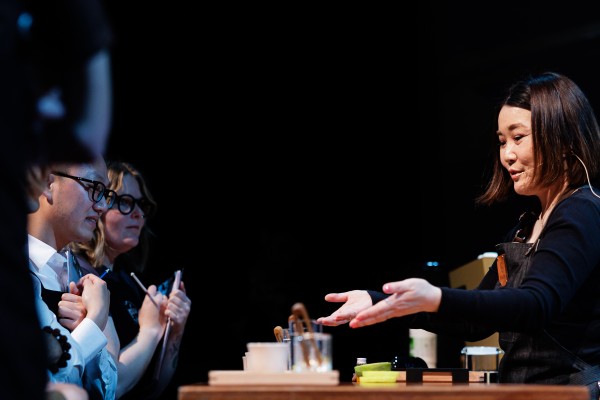
Routine Development : What was the inspiration behind your routine this year?
This year, my inspiration for the routine came from the coffee itself, particularly the thermal shock processed coffee, which I was encountering for the first time. The scientific details behind this process intrigued me, and I wanted to present them in an engaging way. To make the complex information more approachable and enjoyable for the judges, I introduced a character named 'Hungry Hanna.' She helped to convey the transformation and curiosity that comes with exploring these unique flavour profiles, making the scientific concepts fun and relatable. Through her, I aimed to share not just the science but the passion behind the coffee.
Challenges : What are some of the key challenges you faced this year, both in preparation and during the competition itself? How do you overcome them?
This year, one of the key challenges I faced during my preparation was finding sufficient time to practice. With around 2,000 words to memorize and English not being my first language, it presented some difficulties. To overcome this, I maximized every moment of my private time by speaking out loud and rehearsing my script, whether in the shower, while driving, or even during the brief walks from my apartment to the car.
During the competition, another significant challenge arose when we had to evacuate the building due to a fire alarm. This unexpected disruption made it tough to maintain focus. While waiting in my car until we could return, I took the opportunity to meditate and calm my mind, which helped me regain my concentration and composure once we were back inside.
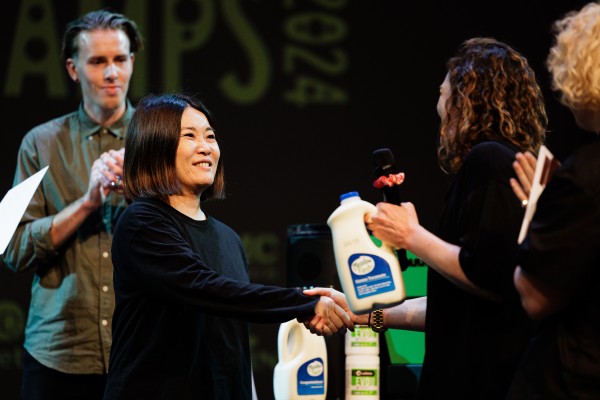
Creative Process : Can you talk us through the development of your signature beverage?
In creating my signature beverage, I wanted to honour the innovative spirit of the coffee producer, who brought a technique from the dairy industry—the low-temperature pasteurisation known as “thermal shock”—to coffee processing. This inspired me to bring my own unique twist.
For my first ingredient, lemon, I chose to enhance Typica’s citrus notes by adding Pectinase, an enzyme also active in coffee, and used sous vide to replicate the enzyme-driven breakdown process of thermal shock. This helps release juiciness, echoing the role of enzymes in the coffee’s flavour profile.
For the second ingredient, white peach, I drew from Red Bourbon’s tropical qualities, fermenting it and then sous viding it with its juice to let the flavors permeate deeply, mirroring the richness this parent varietal brings to Bourbon Sidra.
The final ingredient, rose-infused candy floss, is my way of representing the future of coffee as an innovative, interactive experience. Drawing inspiration from the producer’s dairy industry crossover, I used electrospinning—a textile technique I’m currently studying—to symbolise new textures and ways to experience coffee. It’s a playful, sensory addition that embodies the spirit of innovation, adding a floral note that harmonises with the coffee’s natural profile.
Legacy and Influence : As a previous winner, you’ve undoubtedly influenced other competitors. How do you feel about your role in shaping the next generation of baristas, and do you see yourself as a mentor to others in the community?
I’m truly honored if my work has inspired anyone, as that’s a meaningful privilege of winning and something I find deeply humbling. However, I don’t really see myself as a mentor in the traditional sense—I’m always learning too! While I’m more than happy to share what I’ve learned, I feel that growth is best when we all share knowledge together. I believe that the barista community thrives on collaborative learning and that winning doesn’t necessarily mean having the most knowledge or skill. Ideally, we can all teach and inspire one another, and I look forward to learning from others just as much as they might learn from me.
World Barista Champs : Having competed on the world stage before, how did the experience influence your coffee journey?
Competing on the world stage has had a significant impact on my coffee journey. In 2014, I connected with the Singaporean champion while we shared neighbouring backstage tables, and this connection later led us to open a coffee shop together in Auckland. When we closed that chapter in 2018, one of our loyal customers, who had become a friend, introduced me to my current boss, which led to my role at Coffee Tech. These experiences show how the world championship creates meaningful, lasting relationships that shape my career path.
In 2024, it’s still early to see the full impact, but I’ve already formed friendships with remarkable people from around the world. I see these connections as seeds planted for future collaboration, and I’m excited about the potential to explore new ideas together in the years to come. Competing at this level not only builds community but continuously inspires me to grow within the coffee industry.
